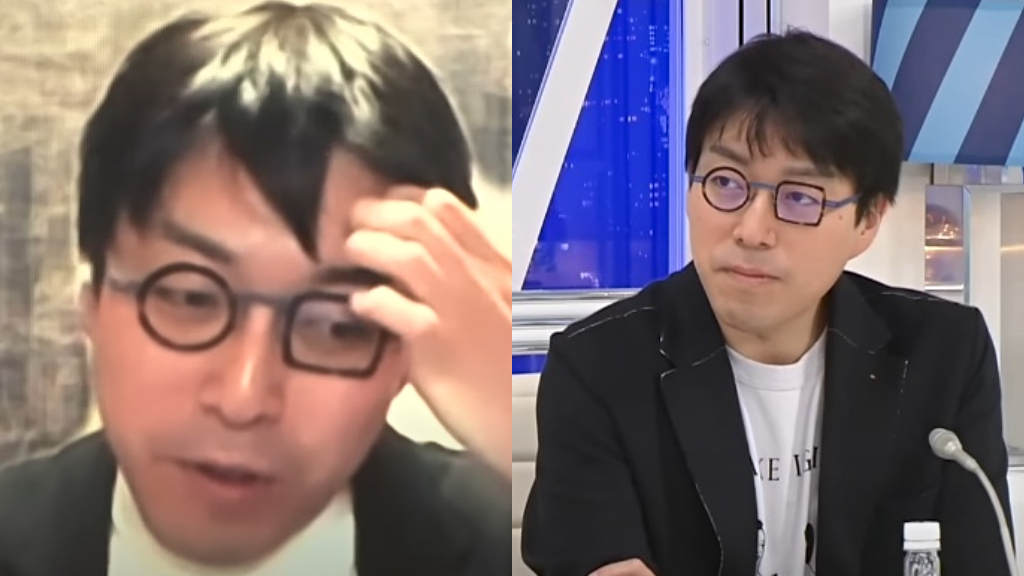An assistant professor at Yale is taking a softer stance on Japan’s aging society after stirring controversy by suggesting that the “elderly” commit suicide.
Dr. Yusuke Narita, who teaches courses in economics and statistics at the university, first floated the idea during an online news program in December 2021, according to reports. He also mentioned the term “seppuku,” a form of ritualistic suicide that involves stabbing one’s belly with a sword, slicing the stomach and turning the blade to ensure a fatal injury.
The act originated in ancient Japan from samurai warriors who sought to die with honor rather than be captured.
“I feel like the only solution is pretty clear,” Narita told Abema News in Japanese.
“In the end, isn’t it mass suicide and mass ‘seppuku’ of the elderly?”
Narita’s comments have since sparked controversy in Japan, which currently holds the highest proportion of elderly citizens in the world.
As of September 2022, people aged 65 and above comprised 29.1% of its population.
At the same time, Japan happens to have one of the world’s lowest birth rates. Last month, its Health Ministry estimated less than 800,000 births in 2022, a first since records began in 1899.
In a new interview with The New York Times, more than a year after drawing criticism for his remarks, Narita said his comments were “taken out of context.”
According to the academic, he was addressing the increasing effort to push senior tycoons in business, media and politics out of leadership positions — which they have held onto “for many years” — in order to make way for youngsters. He also said he meant “mass suicide” and “mass seppuku” as “an abstract metaphor.”
“I should have been more careful about their potential negative connotations,” Narita added. “After some self-reflection, I stopped using the words last year.”
Narita’s critics, however, fear that his comments may influence policymakers.
With Japan…
Read the full article here





